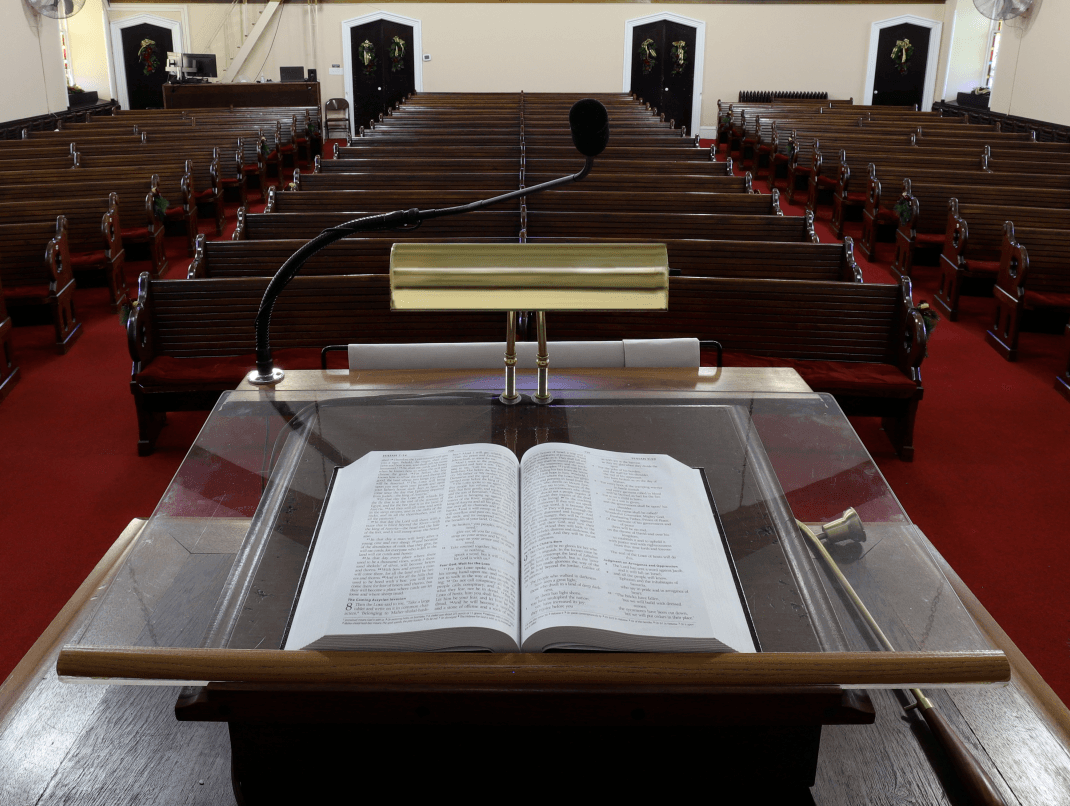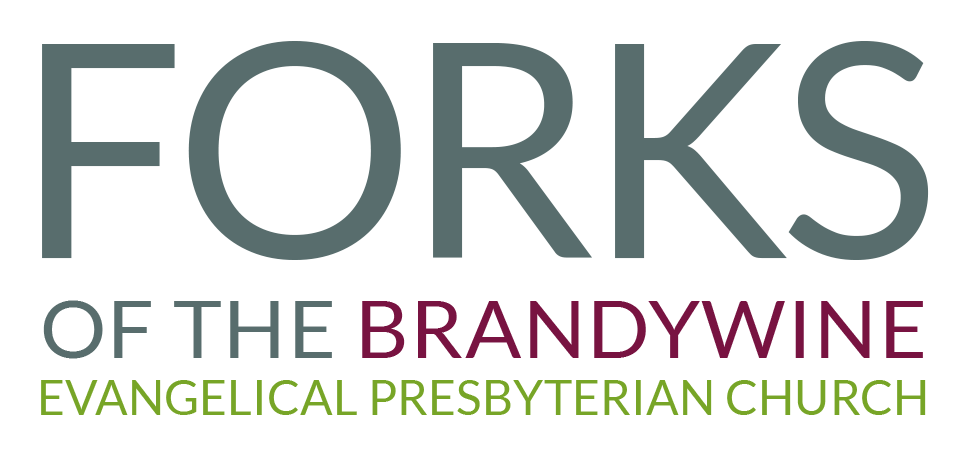Six Reasons We Must Read the Bible
Taught and Stable
God intends for all his people to become “taught and stable” in the faith under the instruction, correction, and exhortation of learned and faithful pastors and teachers, so that we do not twist the Scriptures to our own destruction but are fully equipped for every good work (2 Pet. 3:16; 2
Tim. 3:16-17). As we sit and study together week after week, year after year, under the continuous ministry of preaching, instruction, and correction from the word of God, we become taught and stable in our understanding of the faith and in our ability to read and study the Bible
for ourselves. But we must be careful. Every Christian has the right to interpret the Bible, but no one has the right to misinterpret the Bible. We dare not misuse or abuse the Bible, for it is God’s holy voice speaking to us, and we must give an account for what we do with that word.
We treat the Bible as sacred in this way because of how precious it is. God has given us an absolute treasure for his great glory and for our great benefit. God offers us his transforming power and presence in this book. This is why we read and study the Bible! This is also why reading and studying the Bible is such a serious spiritual matter. We not only get to read the Bible, we must read the Bible. Here are six scriptural reasons why.
1. To sustain our faith
Paul said, “So faith comes from hearing, and hearing through the word of Christ” (Rom. 10:17).
2. To have spiritual life
Jesus himself said (quoting the Old Testament), “Man shall not live on bread alone, but on every word that comes from the
mouth of God” (Matt. 4:4; cf. Deut. 8:3). Moses said, “Take to heart all the words by which I am warning you today, that you may command them to your children, that they may be careful to do all the words of this law. For it is no empty word for you,
but your very life” (Deut. 32:46-47). And the apostle John said concerning his Gospel, “These are written so that you may
believe that Jesus is the Christ, the Son of God, and that by believing you may have life in his name” (John 20:31).
3. To have joy and blessing
The psalmist said concerning the words of God, “More to be desired are they than gold, even much fine gold;
sweeter also than honey and drippings of the honeycomb. Moreover, by them is your servant warned; in keeping them
there is great reward” (Ps. 19:10-11).
4. To stop sinning
The psalmist said in another place, “How can a young man keep his way pure? By guarding it according to your word” (Ps. 119:9).
“I have stored up your word in my heart, that I might not sin against you” (Ps. 119:11).
5. To grow in holiness
Jesus said, “If you abide in my word, you are truly my disciples, and you will know the truth, and the truth will set you free”
(John 8:31-32). Jesus prayed to God the Father for us and said, “Sanctify them in the truth; your word is truth” (John 17:17).
6. To strengthen our hope
Paul said, “For whatever was written in former days was written for our instruction, that through endurance and through the encouragement of the Scriptures we might have hope” (Rom. 15:4).
For all these reasons—and many more—reading and studying the Bible is vital to the life of the individual Christian and the life of the church. I strongly encourage and recommend that all of us consider the great benefit and great necessity of reading and studying the Bible on a regular
basis, both individually and within the fellowship and under the direction and accountability of the church. As we do so, we trust the Holy Spirit will seal his inspired word to the hearts of his people, and that together we will become mighty in the Scriptures. This is how we fulfill our Protestant commitments, follow the Bible’s directions, and remain faithful in all that we do.
Grace and peace,
Pastor Wesley
The Pastor's Pen





